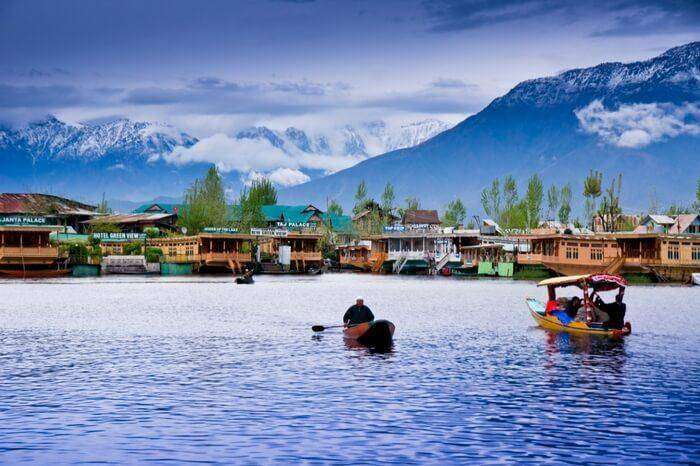The political conflict in Kashmir has always taken a center stage to such an extent that several other socio-economic issues have been buried under its weight.
Though conflict is the biggest evils for society and people have to deal with it but other issues of a society cannot be ignored. One such issue in Kashmir is caste discrimination.
The people of Kashmir always denied inclination towards caste hierarchy but the reality is something else. In Kashmir, the caste-based discrimination is not done not by Hindus but by Kashmiri Muslims. The caste in Kashmiri society plays an important role in social functions like marriages.
The upper-class Muslims rarely marry people from occupational castes and similarly, people from occupational castes avoid getting married to people from service castes.
Caste discrimination in Kashmiri Muslim society has been a permanent feature for many centuries. Just like Hindus, the Kashmiri Muslims also have caste systems. People didn’t know much about that because the people of Kashmir always denied such discrimination and not much information has been produced on such issues.
In Kashmiri society, the caste system is socially institutionalized and has deep roots. Caste-based discrimination has always benefitted the people of the upper-class. The upper-class people get more privileges than lower-class people. Many historians believed that the Hindus who were converted into Muslims never left their identity and they have started caste-based discrimination in Kashmiri society.
For centuries Kashmiri Muslims have struggled with caste-based discrimination. Many Kashmiri young men and women lost their lives who tried to marry someone of a different caste. Politics have also contributed to caste-based discrimination.
The upper-caste people who have political powers suppressed the lower-caste while enjoying an elevated status. They have deprived the lower-caste people of equal opportunities to earn a livelihood, enjoy social mobility, and excel in different fields. The upper-caste people have always followed the strategy to keep the lower-caste people engaged and not to let them unite. They adopted different measures like ideology, patriotism, religion to keep the lower class divided.
Famous Kashmiri sociologist, late Bashir Ahmed Dabla, in his book tried to explain the detailed nature of castes in Kashmir. He has categorised the Kashmiri castes into three different groups. At the top is the Syed caste which includes surnames like Geelani, Jeelani, Andrabi, Qadri, Hamdani, Bukhari, Shah, and others. According to the book by Dabla, Syeds came to Kashmir in the 14th century.
The second group in the list is the occupational castes which include surnames like Wani, Zargar, Bhat, Naqash, Lone, Khandey, Ahangar, etc. People from these castes denote only the business they or their ancestors had taken up.
The last group is the service caste with surnames like Hanjis, Waza, Gilkar, Sofi, Dobi, Ganie, Bangi, or Sheikh. The occupation of these people is considered menial. Sheikh is an interesting caste. If the title is used as a prefix then the person is believed to belong from the upper-caste and if the title is used in the surname then it indicates that the person belongs to the lower rung of society.
According to one Mushtaq Ahmad a resident of Sheikh Mohalla “we are treated as pariahs, nobody except our community considers us as equal citizens. People hesitate in talking with us and shaking hands with the people of our community. They even maintain distance from us if we somehow end up in their social gatherings”.
He further said that the Mohalla has 500 houses in the historic old city of Srinagar and people from these houses work as sweepers in local Municipalities. Kashmiri Sociologist Dr. Afaq Aziz, told The Quint that the Kashmiri Muslims have diluted the caste-based discrimination but it had never been wiped out from the society. “That is why we have separate colonies like Sheikh Mohallas, where they live in isolation and miserable conditions”. He further added that people living in these Mohallas are treated as second-class citizens and people of higher class hesitate in hanging out with them at social gatherings.
Kashmiris often ignore the uncomfortable question when talking about caste discrimination. As far as the marriage is concerned every Kashmiri family tries to marry their children either into the upper-class families or families of the same caste.
Any marriage in the lower class has frowned up. The lower caste people marry in their caste only or their equivalent caste as they fear that their daughters would suffer abuse if they are married in upper-caste families. The ongoing issue faced by the lower caste in the Kashmir valley has been relegated to the background.
